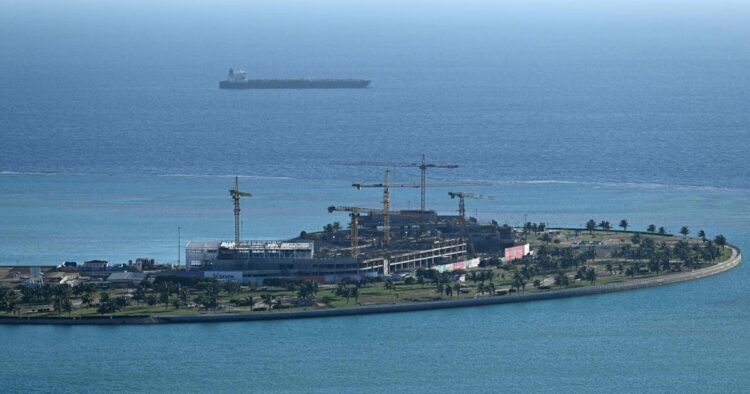Chaos in the Red Sea is causing problems for shipments of various food items, from coffee to fruit, and jeopardizing the recent slowdown in food inflation. The Red Sea, a key waterway, has become a target for Houthi attacks, leading vessels loaded with foodstuffs to take longer and costlier routes around Africa to avoid the conflict.
Impact on Perishable Foods Perishable foods, such as kiwi, citrus fruits, and ginger, are at risk of spoiling due to the extended shipping times. Italian exporters are concerned that fruits like apples, kiwi, and citrus could lose freshness and incur higher costs. The longer routes are already causing disruptions, with delays in coffee shipments and the diversion of grain from the Suez Canal.
Economic Consequences The shipping challenges are affecting various aspects of the food industry, leading to increased freight costs and transit times. Euro Fruits, a major Indian grape exporter, is facing quadrupled freight costs and doubled transit times, resulting in lower grape quality and higher prices for European consumers. The impact is not limited to India; Italian exporters, responsible for $4.4 billion of agricultural produce to Asia, fear increased costs and freshness issues.
Concerns for Farmers and Traders Farmers are facing the dilemma of potentially having to lower prices to compensate for higher shipping costs. This poses a challenge as they cannot extend the harvesting period. Additionally, agri-food traders in Europe are worried about potential disruptions to exports of products like pork, dairy, and wine, as well as imports of tea, spices, and poultry.
Global Ramifications The shipping disruptions are not isolated, affecting global trade routes. About 1.6 million tons of grain destined for the Suez Canal have been diverted to other routes, impacting China and Southeast Asia. Major UK grocery chains, including Tesco and J Sainsbury, are warning of potential inflation on certain goods due to shipping delays.
Specific Examples of Impact Specific products, such as fresh ginger and pink salt from China and Pakistan, are experiencing price hikes and reduced customer bases due to higher transport rates. Coffee imports from countries like Uganda and Vietnam, crucial for Europe, face delays and increased costs. The situation is also impacting UK-based coffee importers, like Mercanta, causing temporary halts in loading and potential delays in sales to Europe.
In conclusion, the disruptions in the Red Sea highlight the vulnerability of global food supply chains, with potential consequences for food prices, product quality, and economic stability. If the situation worsens, it could have broader implications on global trade and the cost of essential goods for consumers worldwide.

















Comments